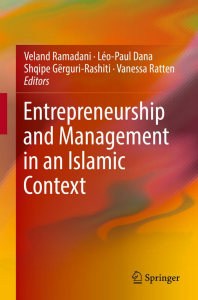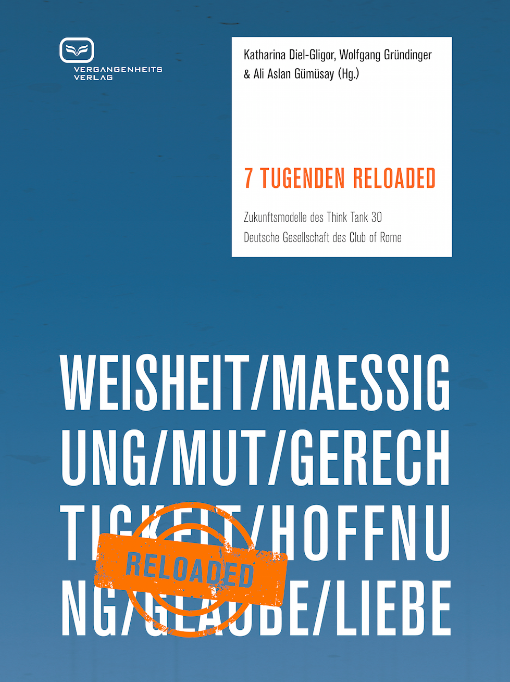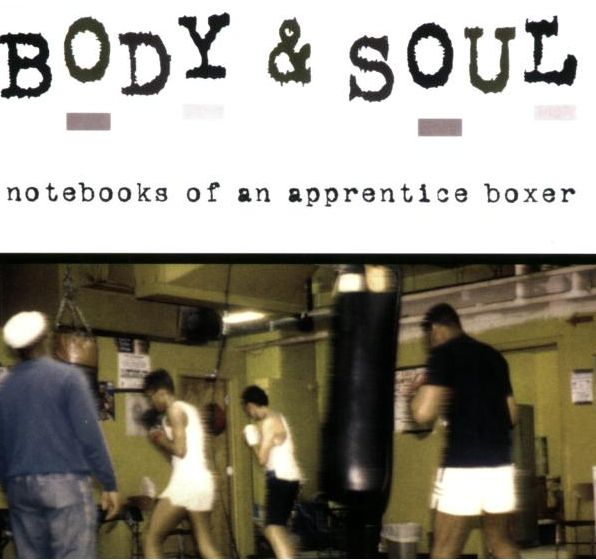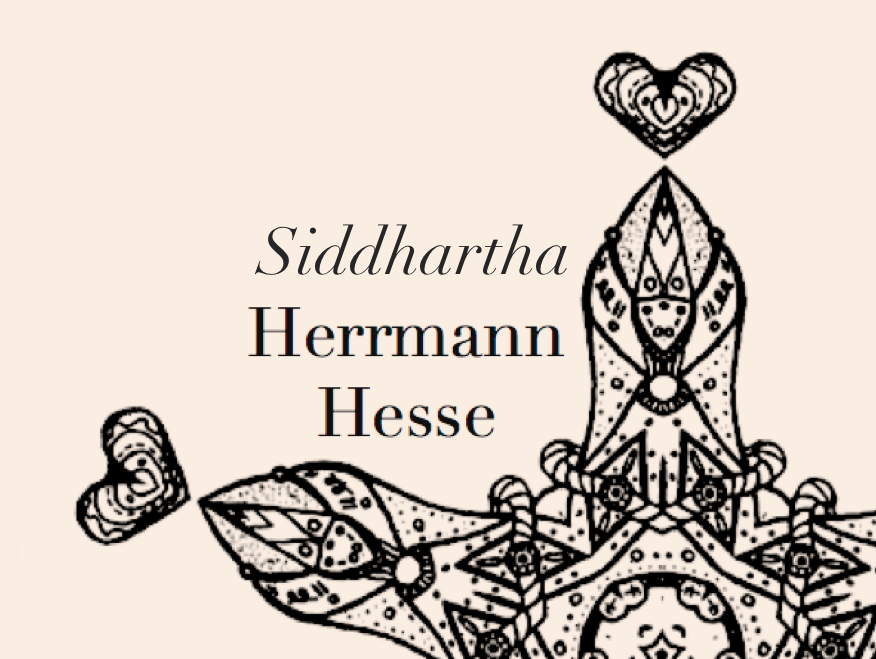
The Said Business School community collected notable works. My contributions are comments on “Leisure, the basis of culture” and “Siddhartha”.
Peter Tufano, Dean: “The compilation – like its predecessor, Critical Thinking 2012 – takes as its starting point the premise that the way that a community comes together is not determined by individuals’ qualifications, skills, or research profiles, but by their ability and willingness to share the way they think and feel, especially about the ideas that have profoundly influenced them.”


 While religion matters in entrepreneurship and management practice, its theory and theorization is dominated by a sacralized secular hegemony. Yet, religion is a social fact that matters in and around organizations; and the social sciences explain – not prescribe – reality. Islam specifically is the second largest religion in the world with a growing number of adherents. Religion in general and Islam in particular thus warrants much more critical engagement and analysis through management scholars. Such scholarly pursuits connect work with worship to examine what I call ‘wor(k)ship’, whereby religious people wish to do well while adhering to their faith, rather than compartmentalizing their lives into different spheres.
While religion matters in entrepreneurship and management practice, its theory and theorization is dominated by a sacralized secular hegemony. Yet, religion is a social fact that matters in and around organizations; and the social sciences explain – not prescribe – reality. Islam specifically is the second largest religion in the world with a growing number of adherents. Religion in general and Islam in particular thus warrants much more critical engagement and analysis through management scholars. Such scholarly pursuits connect work with worship to examine what I call ‘wor(k)ship’, whereby religious people wish to do well while adhering to their faith, rather than compartmentalizing their lives into different spheres.
 I have written an article for the forthcoming Special Issue of the Journal of Management Development. The overarching theme of the Special Issue is the Practical Wisdom for Management from the Islamic Tradition. In a former version of the article, I briefly compared my ethnographic experience in a Sufi Dhikr Circle, a mystical Islamic organization, with Wacquant’s experience as a participant-observer of boxing. This section did not make it into the final article. So here it is:
I have written an article for the forthcoming Special Issue of the Journal of Management Development. The overarching theme of the Special Issue is the Practical Wisdom for Management from the Islamic Tradition. In a former version of the article, I briefly compared my ethnographic experience in a Sufi Dhikr Circle, a mystical Islamic organization, with Wacquant’s experience as a participant-observer of boxing. This section did not make it into the final article. So here it is:

